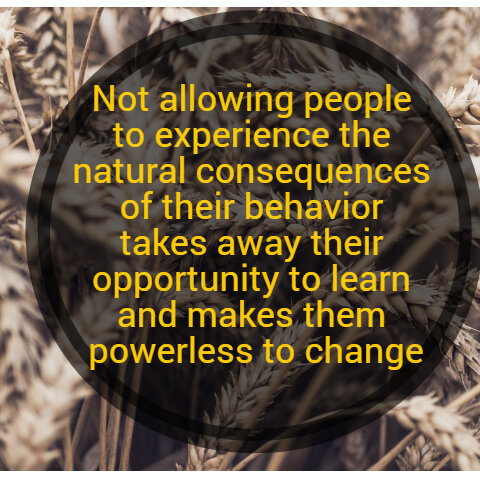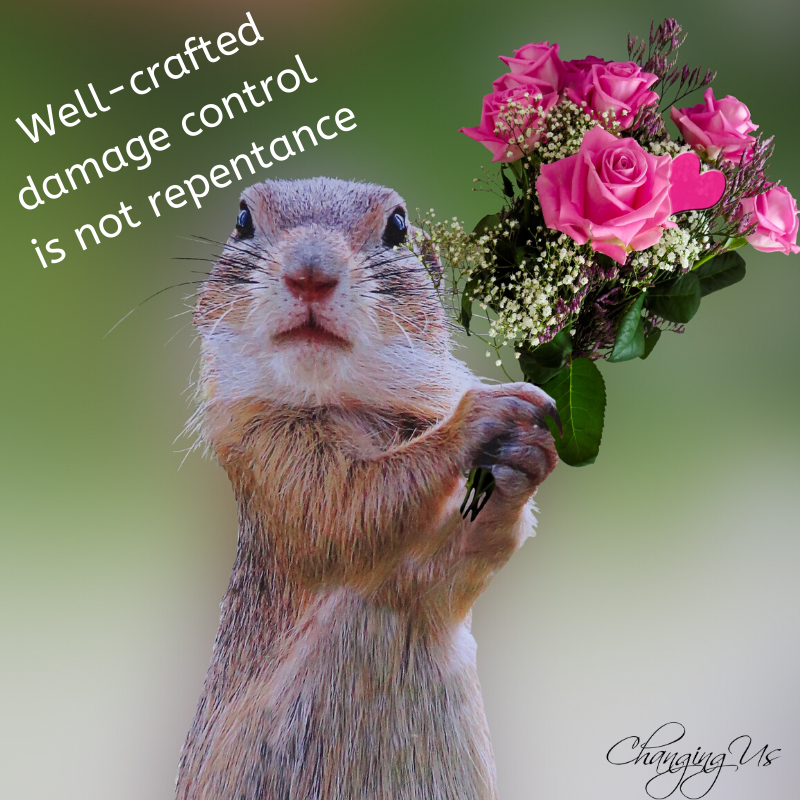How Can I Know If My Marriage Is Getting Better?
Question from a reader: So many couples we know, including us after 30 plus years of marriage, have literally fallen apart. We are starting over as a couple from scratch, but so many have split and/or divorced. As Christians, I don't think either of us want to do that. Still, I am wondering if I am doing all the work in keeping the marriage from sinking... the only one working on it. What is going on???
Answer: I can hear the desperation in your question. You want so badly to have a marriage that is all that God intended it to be. And it is baffling to look around and see so many long-term marriages falling apart, and even your own.
People don't get married with divorce in mind, and they hold on for as long as they can bear it, thinking that it's what God wants them to do and that they can make it work. There is honor in that - and a demonstration of faithfulness and the ability to learn to truly love even when you don't feel it.
But when we can scarcely bear it any longer, we start to wonder why all of our faithfulness and love isn't producing the fruit that we'd expect. There's a belief, especially in the church, that if we are kind enough, respectful enough, submissive enough, affirming enough, and prayerful enough, then we can make any marriage work and that a spouse will treat us with the treatment we've earned through our good example. But that thinking defies the natural laws of relationships that God put in place when he created us.
You can read my whole article about what that means here, but as an example, God says that we reap what we sow (Gal. 6:7). So, if we sow behavior that allows (enables) our spouse's anger, then we reap our spouse's anger. And, when your spouse sows indifference, he should reap a response consistent with his indifference (perhaps emotional distance would be an appropriate response) . . . but does he get that response? Or, instead, when he seems indifferent to how you feel or fails to put any significant effort into the marriage, does he reap a spouse who tries harder and moves closer to him? As Christians, we try to break the law of sowing and reaping all the time (because we're told to!). And what happens when we break a law? Someone is harmed.
When we stop trying to break those natural laws, it might hurt (for example, emotionally distancing ourselves from someone doesn't feel good), but
it allows an opportunity for the other person to become aware of the need to be better.
As Romans 7: 7 says "I would not have known what sin was had it not been for the law."
It also moves the relationship toward mutuality.
We know that a relationship should be mutual, but often we don’t know how to help make it mutual. One thing is for sure: you can’t get a relationship to be mutual by creating a greater imbalance of responsibility and power. (My article about whether a relationship should be 50/50 goes more into depth about that.)
Too often we are misguided into believing that eventually everything will work itself out when we figure out how to be better wives - and, in an attempt to explain why that doesn't always work, we're told that if it doesn't work out, then it is simply our lot in life that we must accept while leaning on God's strength.
But God says that it is for freedom that Christ has set us free, and we should not let ourselves be burdened again by a yoke of slavery (Gal. 5: 1). What kind of slavery? That feeling of being held captive by the "laws" about how to be a good wife, the heaviness of the yoke that weighs us down with shoulds and should-nots. The bar that our spouses put there that is impossible to reach and the eggshells that we walk on that are impossible to not break.
God says that his yoke is easy and his burden is light (Matt. 11: 30). As we come to Jesus, we experience the freedom of a love that has no expectations, no burden, yet a love that compels us to draw near to him. That is the kind of love that we were made for.
And we experience that love when we realize that we have made a mess of our lives and yet are dearly loved. In that order. Right? God lets us experience the consequences of our unhealthy behaviors, our going-our-own-way, our disinterest in him, our reliance on ourselves, and our sin. He doesn't force himself upon us - we don't get the joy of his presence when we want nothing to do with him. But the moment that we realize our waywardness and repent, God is there with open arms.
That might be what so many people are missing in their relationships for so many years: the pain of consequences consistent with not following God's relationship laws - pain that gives them an opportunity to right themselves and come back into a close relationship with their spouse.
Enabling doesn’t make a marriage better
What often happens is that a spouse tolerates and enables the other spouse's sin (anger, slander, greed, idolatry, etc.) and rescues them from the pain of consequences for so long, believing that tolerance is merciful and patient and kind - believing that that's what love is. (Read about why that's not love here.) Then, there might be an event (or a series of events) that leads the trying-harder spouse to say "that's it, I'm done" - and a consequence is finally implemented. Then the offending spouse feels the pain of that. If there is true repentance when that happens, then reconciliation may be possible (read my article on when not to forgive).
Often, though, the pain of that consequence is only enough to cause the spouse to want to stop the pain for themselves and not enough for the spouse to be truly sorry for the harm he's done to someone else. God's Word distinguishes between worldy sorrow where they "do not cry out from their hearts, but wail upon their beds" (Hosea 7: 14) and godly sorrow that brings repentance and an earnestness and eagerness to make it right (2 Cor 7: 10, 11). When the pain motivates someone to simply alleviate their pain, it can look like repentance, but time reveals the truth, and the marriage returns to what it was before the consequence.
And perhaps that's what you are experiencing. You said that you are starting over from scratch, but you are wondering if you are the one doing all the work of keeping your marriage from sinking. If you're wondering, you're probably right on. God has given us intuition to clue us in to the reality of the situations that we find ourselves in, and we would be wise to not ignore or dismiss that wisdom and discernment from him.
So what can be done? After so many years of well-worn paths and patterns of behavior in your marriage, taking a new way is going to be bumpy - really bumpy. The decision to change direction is not usually well-received by the spouse who has been getting all the benefits of the relationship without having to put much into it for all those years. But it is never too late to start living and loving as God does (find out here how Jesus did relationships) - and it's always worth it. Your relationship with God will be your model as you dig into the whole counsel of God and learn about how God does relationships.
To get started, my eBook about What's Really Going On In Your Marriage gives some tips on where to go from here.
Wondering if your marriage is getting better?
Hope isn’t found in our situation changing; it is found in our situation
Article Topics
- abuse
- accountability
- adult children
- adultery/pornography
- behavior
- better marriage
- boundaries
- children
- communication
- conflict
- control
- crazy ideas
- disagreeing
- divorce/separation
- enabling
- fear
- forgiveness
- guilt
- healing
- healthy marriage
- healthy relationships
- honesty
- honor
- laws
- leadership
- love
- marriage helpers
- mental health
- narcissism
- parenting
- pastor
- people pleasing
- repentance
- respect
- sex
- submission
- suffering
- wives
- working on yourself
- working together




